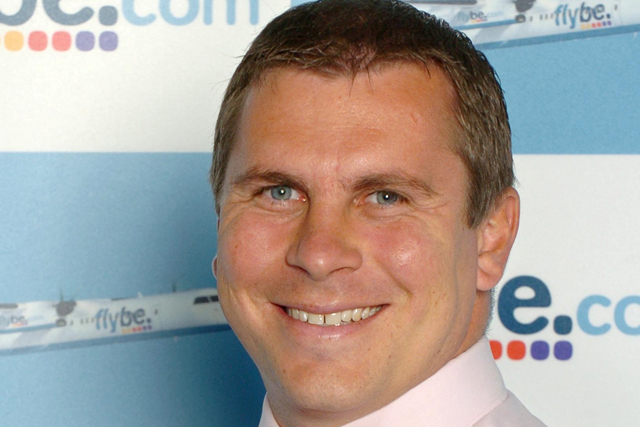Wasn’t it easier for our parents when they were deciding which airline to fly with? When you were choosing how to get to your summer holiday destination, you either went on the posh scheduled airlines or with the charter boys, right?
Even when the low-cost brigade, led by Sir Stelios Haji-Ioannou and Michael O’Leary came along, it was a fairly simple choice: fly for a pair of jeans and just about get to where you wanted to get to, or pay extra for a bit of civilisation with a legacy airline. Simple.
EasyJet one end, BA the other
That was the 90s, when Ryanair and easyJet were at one end of the spectrum, with British Airways at the other. Each airline had a distinct brand position.
The perverse snobbery of dinner party banter switched from boasting about luxury flights to boasting about flying to Prague for a pound as a new breed of travellers arrived.
Low cost airlines charged you to take a suitcase; they charged you for food and drink; and what’s more they expected you to take on the twin traits of rugby player Martin Johnson and an angry Friesian cow in order get four seats next to each other.
BA however, offered a far nicer, middle class choice. We secretly loved to fly cheaply and we loved to hate the cheap and nasty experience that came with it, and we especially loved the superior feeling when we flew BA.
But then consumer behaviour changed; the perverse snobbery of dinner party banter switched from boasting about luxury flights to boasting about flying to Prague for a pound as a new breed of travellers arrived.
Muddy brand waters
Fast forward another decade or two, and some of the novelty has worn off. We now expect the low prices with an ounce of sophistication, and this has started to muddy the brand waters. As a result we see British Airways in the short haul market striving to be easyJet; we see easyJet trying to cast off Ryanair and move to BA’s side of the fence; and we see Ryanair now quickly trying to climb the ladder to keep hold of easyJet’s coat tails.
Now all airlines charge for bags, no one gives you much for free food onboard, and the cattle scrums have disappeared. The middle ground is getting busy – as it becomes the perceived sweet spot for profitability.
O'Leary toning down is disappointing
Isn’t this a shame? As a recently departed UK airline marketing director I understand the business reasons behind brand models; the customer insight that drives product changes. But from a consumer perspective I want to be able to distinguish between the brands I’m choosing from, and I quite like to be able to clearly visualise the experience and benefits of a brand ahead of purchase, which for me, is the true mark of a strong brand.
I’m disappointed to see Michael O’Leary tone down – it wasn’t the person we hated, it was the brash product offering he was so actively promoting. We all love a down to earth leader willing to take on everyone and who fights the establishment. It’s why Sir Stelios and Richard Branson were so successful in their early days in aviation – they took the fight to BA. Unfortunately, when you settle for middle ground safety – as they have now - it can make a brand boring.
Ryanair - stay antiestablishment, easyJet - stay orange
You can’t question easyJet’s relentless profitability charge, but how much of this has been down to their network and fleet planning decisions, and how much to the brand evolution? I would argue the former – and I genuinely hope easyJet manages to retain a strong personality.
The airline industry needs someone to be the anti-establishment champion, and as a bi-product, a customer champion.
I know there is a clamour for business flyers and their high yields, but I hope it doesn’t lose sight of the passion, excitement and innovation Stelios started all those years ago, and manages to stay edgy, innovative, personable, and above all, orange.
As for Ryanair’s O’Leary – the airline industry needs someone to be the anti-establishment champion, and as a bi-product, a customer champion. Ryanair needs to keep the great value but just smooth out some of the rougher edges. But pulling O’Leary away from the brand so rapidly will leave a big and very difficult personality hole to fill.
And to BA, well if it does decide its future lies in short haul at all, then it needs to make sure it is still the caring airline, the one that we feel proud about, the one that we feel closer to home with. Oh yes, and with a slicker, more customer friendly website.
For any brand out there – no matter how big or small, regardless of sector, don’t forget to pay attention to your brand positioning – what are you going to be famous for, how will consumers visualise you at the point of consideration.
I’m not claiming the success of an airline or any business is purely down to the delineation of its brand, but I do hope our home grown airline talents in 10 years time don’t become one big indistinctive ‘Easy Airways’ – where’s the fun in that?
Simon Lilley is a marketing consultant at and the former director of marketing at Flybe


